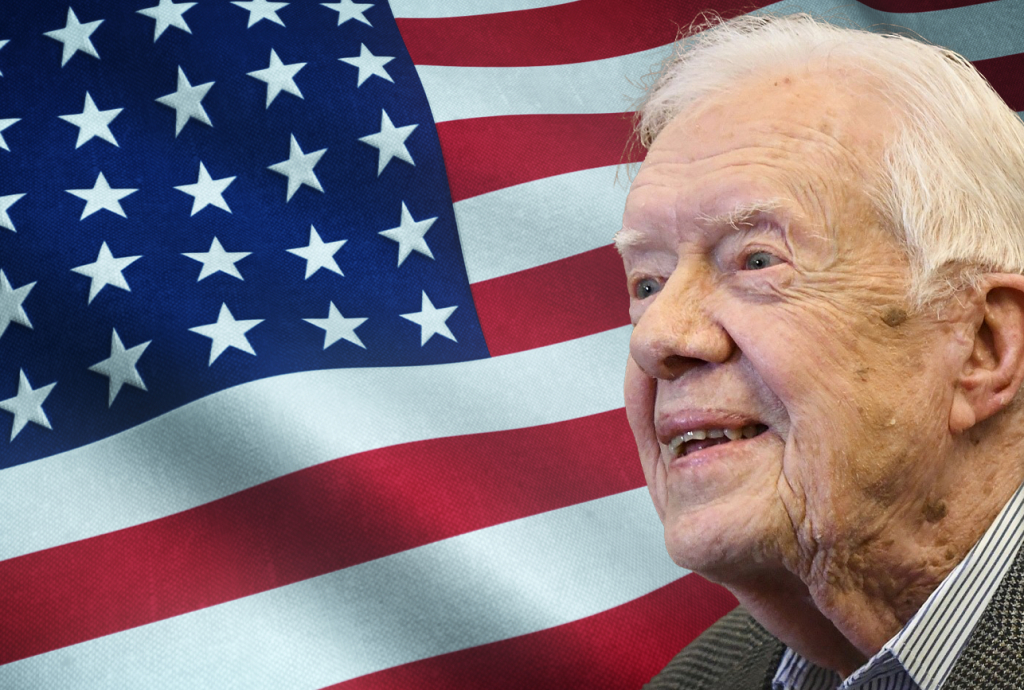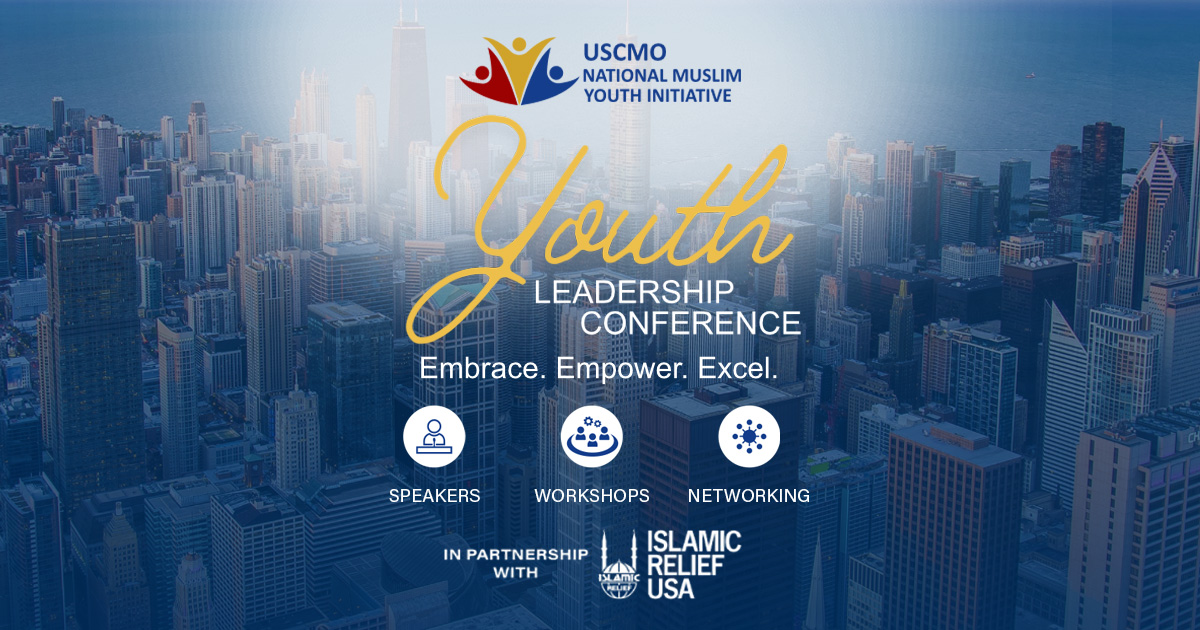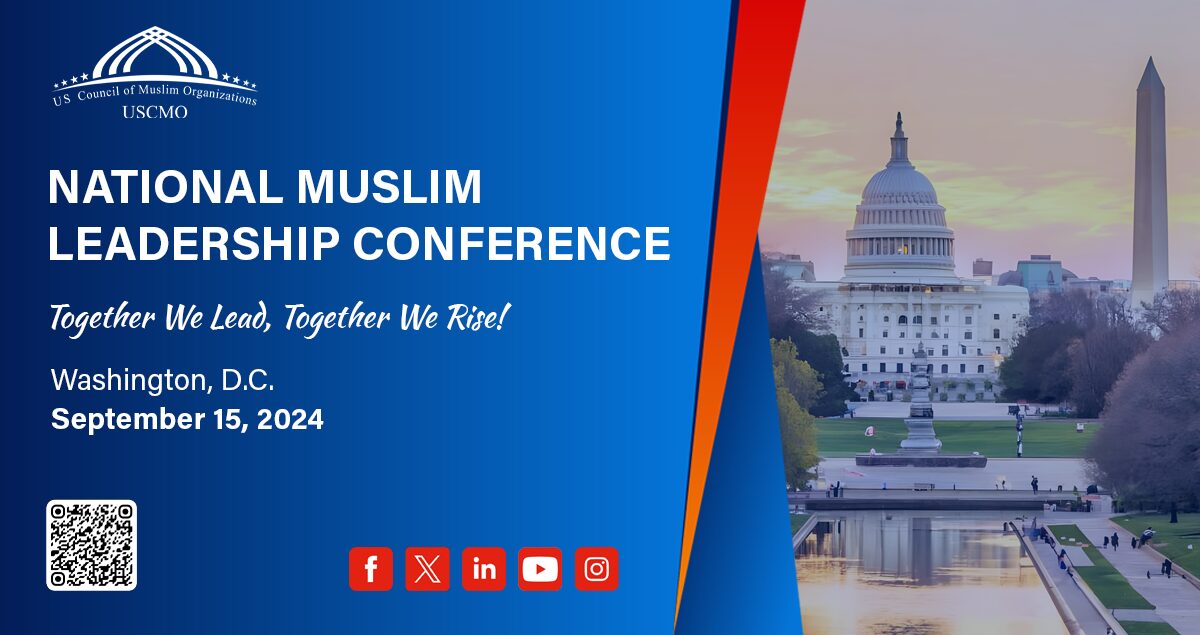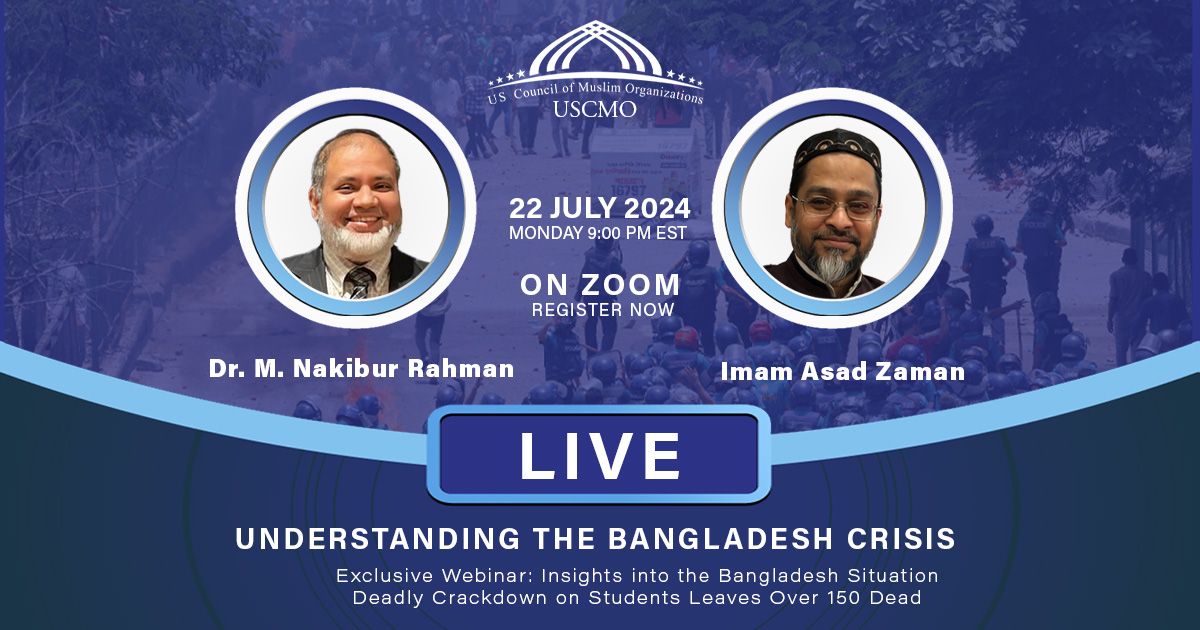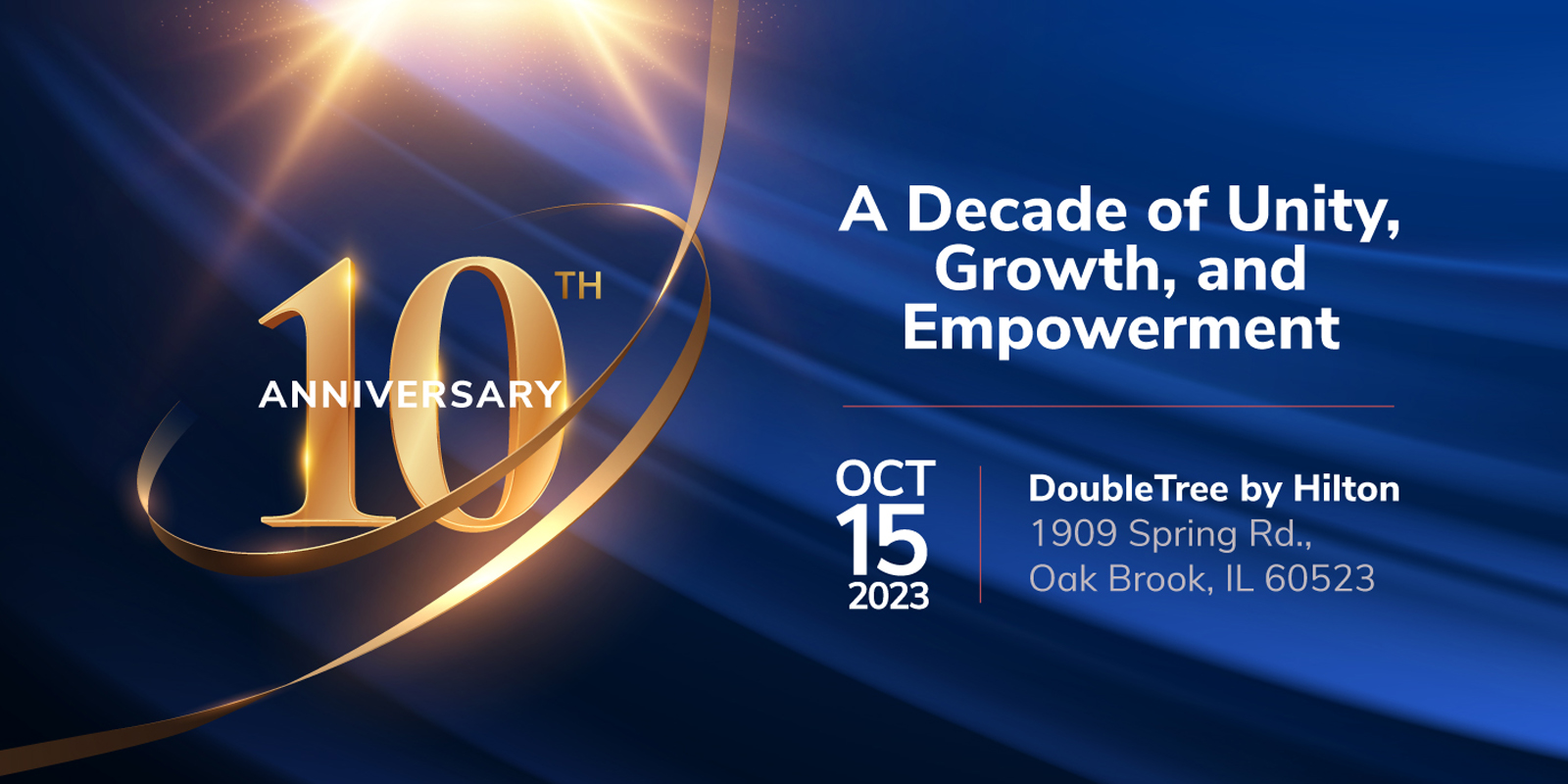He called out Israeli Apartheid & for Palestinian Human Rights, fought Islamophobia at home & for Mideast Freedom
there is an upstanding community .…
They believe in God and in the coming Judgment of the Last Day.
Moreover, they enjoin what is right and forbid what is wrong.
And they hasten to exceed one another in good works.
So these are among the righteous.
—The Quran, 3:113-14
WASHINGTON, D.C.; (21 Feb 2023)—The U.S. Council of Muslim Organizations (USCMO) and American Muslims recall the political courage and sincerity of the 39th U.S. President James Earl Carter, Jr. and pray for him as he enters end-of-life hospice care at home. We remember him not only for the sincerity with which he, unlike virtually all other past modern American presidents, remained constructively and importantly engaged in both political affairs and social projects for 42 years after leaving office in 1981, but also for his immense honesty and willingness to use and risk his high standing to give voice to the egregiously oppressed, the vulnerable, and the persecuted at home and abroad – especially, and in the face of great unpopularity, to Muslims.
After his presidency, President Carter emerged as a true statesman and genuine humanitarian against all the odds and contrary to the history of American politicians’ cringing preoccupation with “legacy tending.” Nowhere was this more apparent than citizen Carter’s forthright public warnings regarding obstinate Israeli governmental intent to build a Jewish colonial apartheid state rather than a democracy of equality and peace with Muslim and Christian Palestinians. He was the first political figure of stature with the courage to call out the Israeli Apartheid state in his 2006 book “Palestine: Peace Not Apartheid.”
“I wrote the book because I wanted to stimulate a debate in this country about what is actually going on in the Middle East. … This is a subject which, in my mind, has rarely if ever been honestly debated or discussed in the United States.”
“I wanted to speak out on this issue because it so urgently affects peace in the region and the whole world,” he said, acknowledging that it is nearly “impossible” for an American politician to even critique the Israelis, and he rightly described the American media’s Israeli-collusive partisan coverage of what is actually happening in Palestine “abominable.”
In the book, Mr. Carter exposed the misleadingly named Road Map for Peace as a sham and intended failure. “Israel has been able to use it as a delaying tactic with an endless series of preconditions that can never be met,” he said. And he candidly pointed to American Israeli-Palestinian policy as nothing more than a front. “The United States has been able to give the impression of positive engagement in a ‘peace process’ which President Bush has announced will not be fulfilled during his time in office.”
He’s the only American politician on record calling the so-called Israeli “security wall” what it really is, an “imprisonment wall” interning West Bank Palestinians in virtual concentration camps, cutting them off from each other for the sake of an economic apartheid designed to enable a massive Israeli land grab of Palestinian farms, homes, and villages – a fact that has now come into full view these 17 years later.
For his outspoken honesty about the true nature of the Zionist project in Palestine – and his equally plain-spoken denunciation of flagrantly sustained Israeli abuse of the most basic Palestinian human rights – Mr. Carter endured lifelong, withering assault on his character from the Zionist amen corner. Decades after his political leadership as commander-in-chief, they cynically blamed him for the supposed “terrorism consequences” they were vehemently pedaling to the world against Islam and Muslims.
True to character, Mr. Carter remained undaunted. In the firestorm of a concerted, ferocious U.S. and foreign political-media campaign to defame Islam as a religion of violence and Muslims as savage (which ultimately caused catastrophic loss of life and suffering for Muslims in the world, persecution for American Muslims at home, and perhaps irreparable damage to U.S. foreign policy and global standing), Mr. Carter maintained his robust defense of Islam and Muslims at every turn.
Forty years ahead of his time in this and other issues (including immigration and climate change), Mr. Carter said this about Islam and Muslims during his presidency:
“I have been struck […] by the human and moral values which Americans as a people share with Islam. We share, first and foremost, a deep faith in the one Supreme Being. We are all commanded by Him to have faith, compassion, and justice. We have a common respect and reverence for the law. Despite the strains of the modern age, we continue to place special importance on the family and the home. And we share a belief that hospitality is a virtue and that the host, whether a nation or an individual, should behave with generosity and honor toward guests. On the basis of both values and interests, the natural relationship between Islam and the United States is one of friendship. I affirm that friendship, both as a reality and as a goal […] [and] am determined to strengthen, not weaken, the longstanding and valued bonds of friendship and cooperation between the United States and many Muslim nations.” (February 7, 1980)
In 2012, he again demonstrated his foresight and spoke out against the rise of religious nationalism in American politics and its Machiavellian use of Islam and Muslims to manipulate public opinion to achieve its autocratic ends:
“I think there ought to be a strict separation or wall built between our religious faith and our practice of political authority in office. I don’t think the President of the United States should extoll Christianity if he happens to be a Christian at the expense of Judaism, Islam, or other faiths.”
Against this shameless anti-Muslim media frenzy, Mr. Carter, nonetheless, addressed American Muslims at our own Islamic Society of North America Convention in 2014 in Detroit about his unwavering commitment to peace in the Middle East:
“We [at The Carter Center] fill vacuums in the world, and one of those vacuums is peace, particularly in the Middle East. One of our deepest commitments at The Carter Center is to bring peace to the Middle East, and we’ve never stopped since I left the White House. At this very moment, The Carter Center has a fulltime office in East Jerusalem. We have a fulltime office in Ramallah. We have a fulltime office in Gaza. Our people were there in [Israeli assaults on Gaza] in 2008, 2009, 2012, and this year [2014] for the terrible [Israeli] bombardment of Gaza [that] destroyed so many homes, hospitals, and schools. So one of our major commitments is that we continue to meet with the people in the Middle East who can bring peace … with justice and human rights to people.”
In 2017, with hate crimes against Muslims at a then all-time high, The Carter Center convened leading academics, activists, and policymakers from around the world on September 25-27 to discuss the dangerous rise of Islamophobia and to seek effective solutions. The Center’s CEO stated:
“We believe that Islamophobia is a threat to human rights, and to peace and security – and we are devoting resources to understanding and combating it.”
The Carter Center released this statement in defense of American Muslims:
“Islamophobia is an affront to our common humanity and our constitutional principles. We urge political leaders and citizens to condemn violence, discrimination, and hate speech against those of the Muslim faith.”
The transition of President Carter into hospice care and, therefore, out of the American political scene, leaves a gaping void in the American political spectrum. There is no politician of his prestige, resolve, knowledge, courage, or sincerity who seems ready to succeed him as a true American statesman and articulate the unvarnished word of peace to this body politic and to the political elites currently disfiguring it; and, most critically, to act on it as did this deserving 2002 Nobel Peace Prize winner. He won it for his tireless personal engagement in peace negotiations and democracy promotion for the innocent warred upon, for his relentless striving for human rights for the tyrannized, and for his monumental individual labors for the social wellbeing of the poor, as with Habitat for Humanity.
It is no irony that at the very same time, Mr. Carter was receiving his Nobel for peace, President George W. Bush was plotting to decimate Iraq on a false pretense, a move that has literally destabilized our entire world, setting off a Great Power’s chain that has directly led today to the war in Ukraine; this, after initiating America’s utter ruin of Afghanistan in its forever war the year before.
Nor do we hear even the whisper of another American political voice for the growing guiltless millions in our increasingly ruthlessly autocratic world that might rise above the crass din of plunder and persecution of these innocent victims, a voice to remind us of our nation’s long lost stated mission of fostering freedom and abetting democracy, particularly in the Muslim world.
Our sincere prayers are with the family and loved ones of James Earl Carter, Jr., even as we already mourn our own loss. You are in remembrance and gratitude of millions of Muslims, President Jimmy Carter. You will be missed.
###

